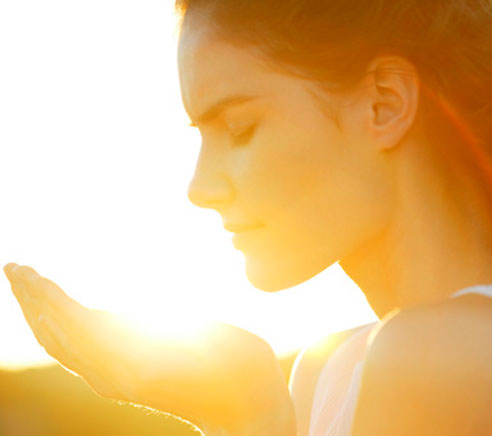Voting: A Ritual

“Voting is irrational.”
This jarring statement comes from Paul Woodruff, professor of philosophy at the University of Texas in Austin, in his wise book, REVERENCE: Renewing a Forgotten Virtue. Paul came to USC a few months ago, hosted by my office, to give a series of talks. He’s a person who emanates the virtue that he teaches, speaking with a calm, reflective demeanor.
Woodruff posits that unless we understand voting as a ritual, we’ll miss the point of it, and continue to see a decline in voter participation.
Nearly four million people live here in Los Angeles. Our lives are critically affected by our city government. But only 23.3% of registered voters cast ballots in our recent mayoral election. People who care about public policy wring their hands about this record-breaking low turnout.
Here’s Woodruff’s analysis: “Voting is a ceremony. It is an expression of reverence – not for our government or our laws, not for anything man-made, but for the very idea that ordinary people are more important than the juggernauts that seem to rule them. If we do not understand why we should vote in this country, that is because we have forgotten the meaning of ceremony. And the meaning of ceremony is reverence.” (p 22-23) Woodruff observes that the likelihood that any one person’s vote would decide an election is miniscule. People don’t vote because they think their ballot will decide the outcome. Those who vote do so because it is a ritual that is meaningful for them.
What if we added a new ritual element to voting?
Imagine repeating this line, silently or aloud, after voting: “I salute all Americans who risked their lives defending my sacred right and duty to vote.” Then imagine saluting the ballot box, or saluting your ballot when you put it in the mail. As you salute, imagine the signing of the Declaration of Independence, the signing of the Constitution. Imagine Washington crossing the Delaware during the Revolution. Imagine the joy of the slaves upon learning of their emancipation. Imagine the joy of women when they won their long fight for the vote. Imagine soldiers fighting in World War II, imagine civil rights activists registering voters under threat from the KKK, imagine Martin Luther King saying “I have a dream!” at the march on Washington.
Perhaps this addition to the ritual of voting would give it greater reverence. Perhaps it would motivate more people to participate. Would it move hearts to vote for the common good, rather than just for the selfish good?
If you like this idea, try it and spread the word. In any case, I’d like to get your feedback. How else can we renew the waning virtue of reverent voting?
JIM BURKLO
Website: JIMBURKLO.COM Weblog: www.tcpc.blogs.com/musings Follow me on twitter: @jtburklo
See my GUIDE to my books, “musings”, and other writings
Associate Dean of Religious Life, University of Southern California
